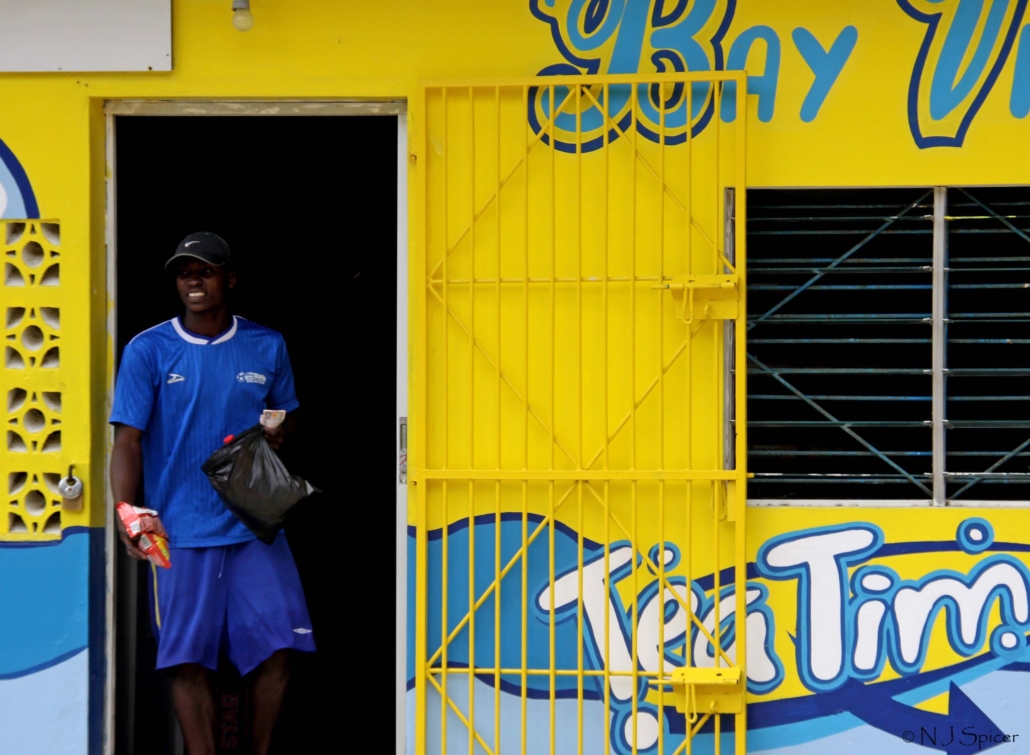Noncommunicable Diseases in Barbados

Barbados, an island part of the Small Island Developing States (SIDS) group, is currently facing a national crisis of noncommunicable diseases that is constraining the nation’s growth and development. The SIDS group is a collection of 39 states that collectively constitute only about 1% of the world’s population, yet due to their isolated geography and small populations, are uniquely vulnerable to difficulties such as poor health that can severely inhibit their ability to develop sustainably – SIDS have the highest rates of diabetes in the world, as well as mental health issues reaching a rate of 15% and hypertension greater than 30%.
Contributing Factors to Noncommunicable Diseases in Barbados
There are multiple explanations for the presence of unhealthy risk factors that contribute to widespread noncommunicable diseases in Barbados. According to Dr. Kenneth Connell, University of the West Indies, after the industrialization of the Caribbean, the increasingly affluent lifestyle that succeeded was, in fact, more unhealthy, with increased physical inactivity and imported food products. About 23% of adults are obese and 43% are physically inactive, with this rate being doubled in adolescents.
Barbadian diets overwhelmingly consist of ultra-processed foods high in fat, sugar and salt, which are a product of low-quality food imports that are constrained by transaction and import costs, difficulties with supply chain management and remote geography. There is also a postcolonial dimension to noncommunicable disease in Barbados. The sugar plantations that constituted the main body of colonial Barbados’ economy ensured sugar was a pervasive part of diets, and the ‘defective’ parts of pigs, such as the tails, feet and ears, were given to the plantation workers, pickled or cooked with fat and salt and became a traditional Bajan dish, called souse.
Health
As a result of high alcohol consumption, physical inactivity, trade limitations, low-quality imports, more convenient lifestyles and the legacy of colonial diets, NCDs account for 83% of all deaths in Barbados, a rate 9% higher than the global average.
Economy
The noncommunicable diseases in Barbados are having considerable repercussions on the livelihood of Barbadians, as well as the economy of the country. Professor Karl Theodore from the University of the West Indies gauges that noncommunicable diseases in Barbados are costing the nation $375 million annually, a sum that constitutes 3% of the GDP. Dr. Sonia Browne, the Minister of State in the Ministry of Health and Wellness in Barbados, stated that “NCDs make up the largest area of expenditure in the national health care budget,” a significant financial burden upon the state and a “drain on economic activity.”
In June 2023, SIDS countries held a ministerial conference in Bridgetown, Barbados, for members to acknowledge and act against NCDs and mental health issues. A report from the conference stated that “the enormous problems of the millions of people living with NCDs and mental health conditions … represent an existential threat to human development in the 21st century.”
The conference also outlined how “high levels of NCDs and mental health conditions reduce the quantity and quality of human capital in SIDS with a negative effect on their capacity to generate wealth.” Increased climate change is exacerbating this issue, forcing SID countries into untenable debt levels. On an individual level, cases of noncommunicable diseases in Barbados can curtail household income, which initiates a negative feedback loop called the ‘health-poverty trap.’ The self-fulfilling cycle means it is often difficult for individuals to find ways out of the cycle of poverty, leading to generational patterns.
Solutions
The 2023 Bridgetown Conference outlined the goal to reduce premature deaths from NCDs by one-third by 2030, acknowledging that these deaths are predominantly avertable through increased investment in health care systems and better public policy. The SIDS are therefore undertaking a comprehensive range of actions to reach this goal, including engagement with Heads of State and local community groups, coordinating with the UN, increasing domestic investment in health care, regulating risk factors such as tobacco/alcohol use, physical inactivity and unhealthy diets, as well as the marketing of unhealthy foods to children and updating food policies to advocate for healthy diets.
Organizations such as the Healthy Caribbean Coalition (HCC) are also working to reduce NCDs in the small island states. Composed of more than 100 civil society organizations, the HCC works with civil, society and national and regional leaders to implement programs to reduce sickness and mortality due to NCDs. They are engaged in a broad range of campaigns, such as the ‘Now More Than Ever: Better Labels, Better Choices, Better Health’ campaign to bring to public consciousness the danger of childhood obesity and NCDs, as well as advocating for access to more nutritional food and garnering support for warning labels on packaging for food high in fats, salt and sugar. This campaign ran repeatedly in 2021, collecting more than 22 million social media impressions, 7 million impressions from programming advertisements and 3 million listeners to radio PSAs. It will run again in 2023.
Conclusion
Widespread deaths and illnesses due to NCDs and mental health issues are preventing SIDS, such as Barbados, from developing sustainably. The creation of health-poverty traps and losses of human capital and productivity are depleting the national workforce and straining economic growth. However, with widespread political and NGO advocacy committed to engaging the public and policymakers in preventative measures, Barbados and other SIDS are on track to transform the nation’s health and recoup their economic losses.
– Eleanor Moseley
Photo: Flickr
